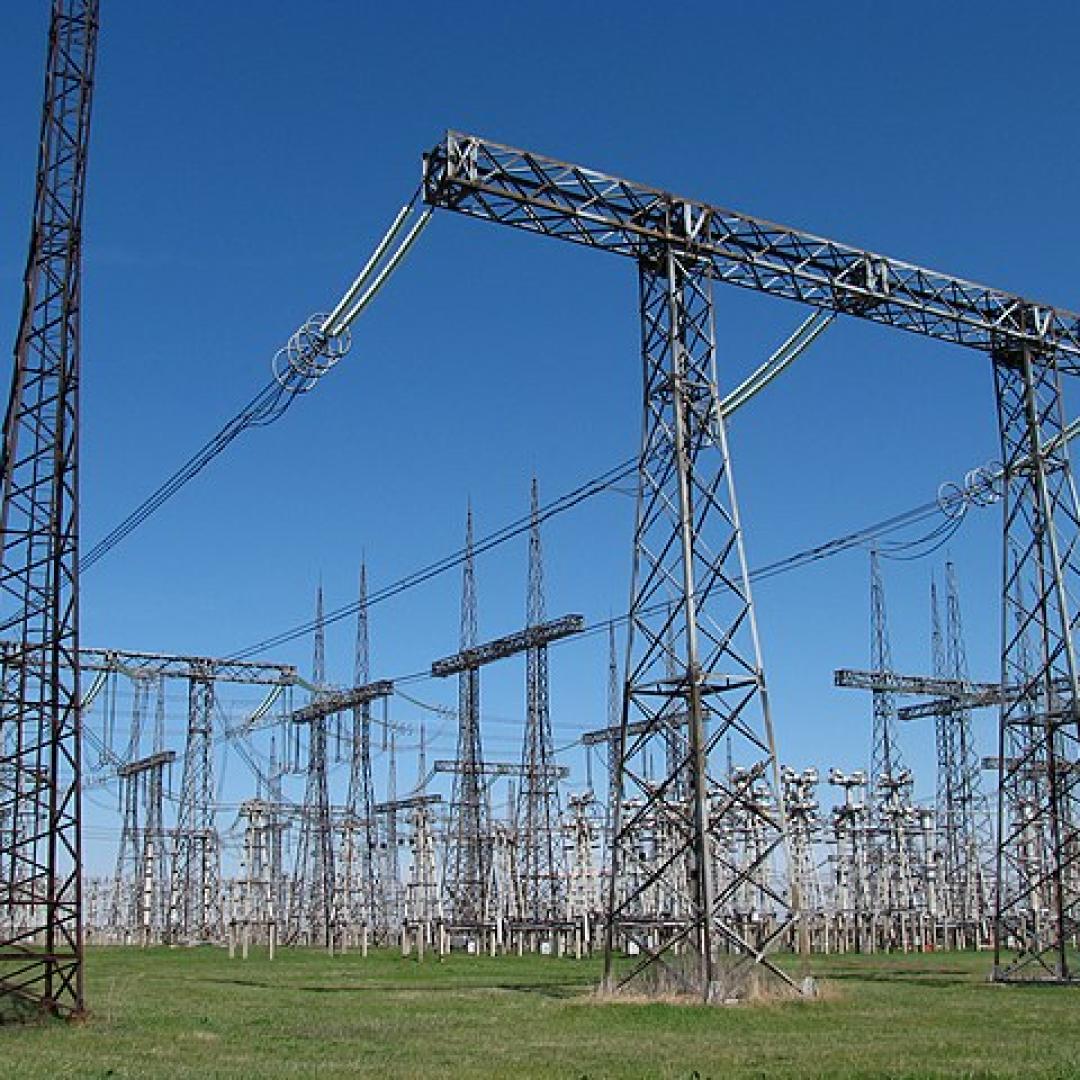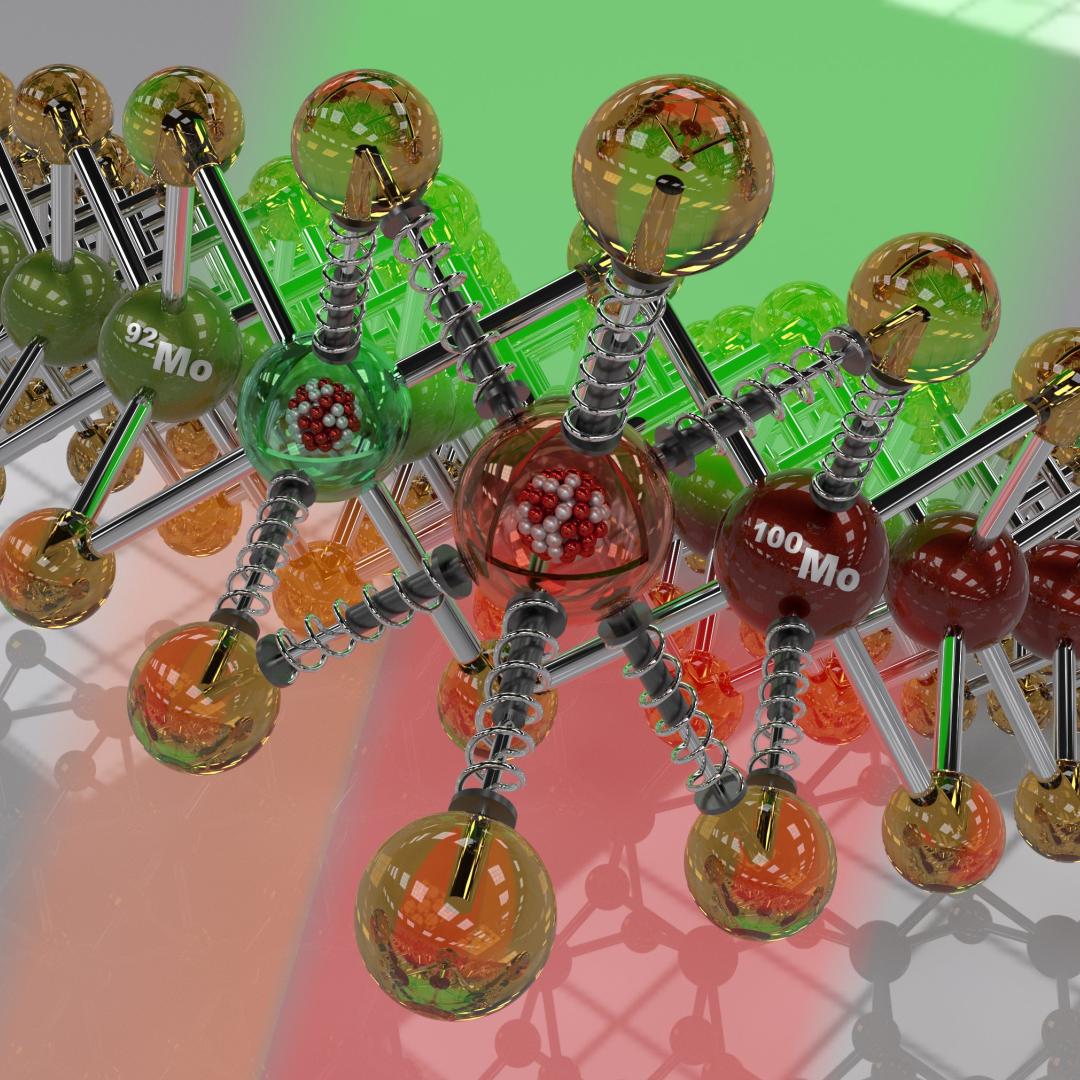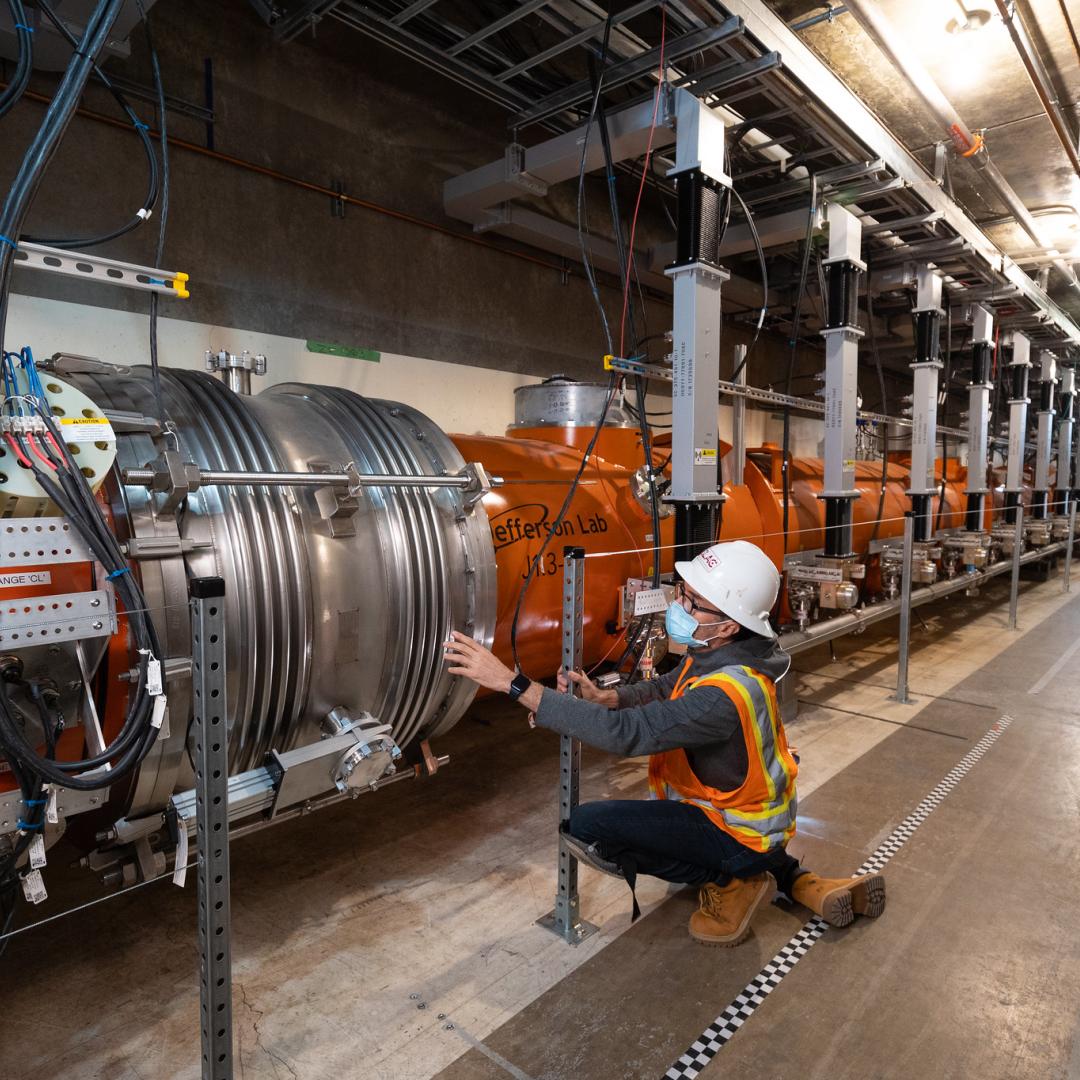Filter News
Area of Research
- Biology and Environment (24)
- Building Technologies (3)
- Clean Energy (41)
- Computational Biology (2)
- Computational Engineering (1)
- Computer Science (3)
- Electricity and Smart Grid (1)
- Functional Materials for Energy (1)
- Fusion and Fission (4)
- Isotopes (24)
- Materials (21)
- Materials for Computing (1)
- National Security (5)
- Neutron Science (2)
- Nuclear Science and Technology (5)
- Supercomputing (42)
News Topics
- (-) Buildings (54)
- (-) High-Performance Computing (82)
- (-) Isotopes (46)
- 3-D Printing/Advanced Manufacturing (116)
- Advanced Reactors (33)
- Artificial Intelligence (84)
- Big Data (50)
- Bioenergy (88)
- Biology (96)
- Biomedical (58)
- Biotechnology (21)
- Chemical Sciences (59)
- Clean Water (29)
- Climate Change (94)
- Composites (25)
- Computer Science (182)
- Coronavirus (46)
- Critical Materials (24)
- Cybersecurity (35)
- Decarbonization (73)
- Education (3)
- Element Discovery (1)
- Emergency (2)
- Energy Storage (106)
- Environment (192)
- Exascale Computing (34)
- Fossil Energy (5)
- Frontier (39)
- Fusion (53)
- Grid (59)
- Hydropower (11)
- Irradiation (3)
- ITER (7)
- Machine Learning (44)
- Materials (140)
- Materials Science (134)
- Mathematics (6)
- Mercury (12)
- Microelectronics (2)
- Microscopy (50)
- Molten Salt (8)
- Nanotechnology (60)
- National Security (56)
- Net Zero (11)
- Neutron Science (129)
- Nuclear Energy (103)
- Partnerships (40)
- Physics (58)
- Polymers (31)
- Quantum Computing (28)
- Quantum Science (65)
- Renewable Energy (2)
- Security (23)
- Simulation (43)
- Software (1)
- Space Exploration (24)
- Statistics (3)
- Summit (57)
- Sustainable Energy (119)
- Transformational Challenge Reactor (7)
- Transportation (93)
Media Contacts
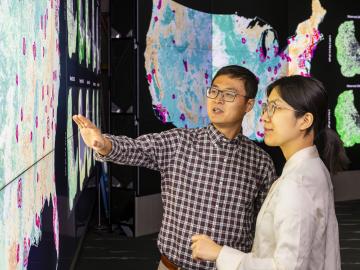
Scientists at ORNL completed a study of how well vegetation survived extreme heat events in both urban and rural communities across the country in recent years. The analysis informs pathways for climate mitigation, including ways to reduce the effect of urban heat islands.

To balance personal safety and research innovation, researchers at ORNL are employing a mathematical technique known as differential privacy to provide data privacy guarantees.
Simulations performed on the Summit supercomputer at ORNL are cutting through that time and expense by helping researchers digitally customize the ideal alloy.
Integral to the functionality of ORNL's Frontier supercomputer is its ability to store the vast amounts of data it produces onto its file system, Orion. But even more important to the computational scientists running simulations on Frontier is their capability to quickly write and read to Orion along with effectively analyzing all that data. And that’s where ADIOS comes in.
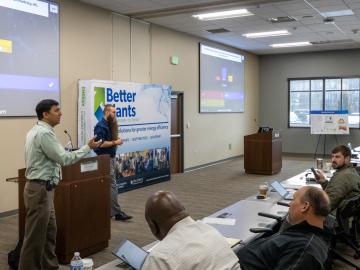
Helping hundreds of manufacturing industries and water-power facilities across the U.S. increase energy efficiency requires a balance of teaching and training, blended with scientific guidance and technical expertise. It’s a formula for success that ORNL researchers have been providing to DOE’s Better Plants Program for more than a decade.
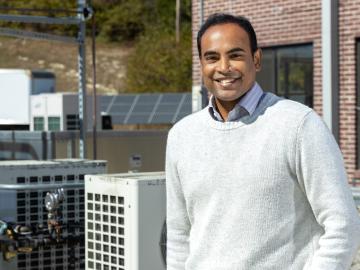
Cheekatamarla is a researcher in the Multifunctional Equipment Integration group with previous experience in product deployment. He is researching alternative energy sources such as hydrogen for cookstoves and his research supports the decarbonization of building technologies.
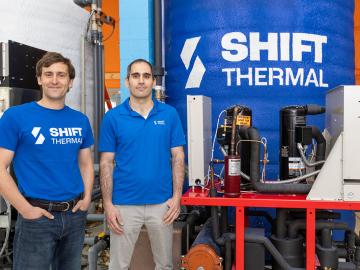
Shift Thermal, a member of Innovation Crossroads’ first cohort of fellows, is commercializing advanced ice thermal energy storage for HVAC, shifting the cooling process to be more sustainable, cost-effective and resilient. Shift Thermal wants to enable a lower-cost, more-efficient thermal energy storage method to provide long-duration resilient cooling when the electric grid is down.
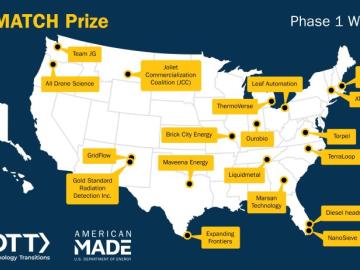
Three ORNL intellectual property projects with industry partners have advanced in DOE's Office of Technology Transitions Making Advanced Technology Commercialization Harmonized, or Lab MATCH, prize, which encourages entrepreneurs to find actionable pathways that bring lab-developed intellectual property to market.
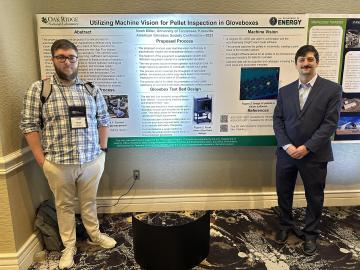
College intern Noah Miller is on his 3rd consecutive internship at ORNL, currently working on developing an automated pellet inspection system for Oak Ridge National Laboratory’s Plutonium-238 Supply Program. Along with his success at ORNL, Miller is also focusing on becoming a mentor for kids, giving back to the place where he discovered his passion and developed his skills.
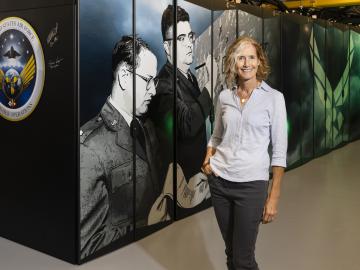
Kate Evans, director for the Computational Sciences and Engineering Division at ORNL, has been awarded the 2024 Society for Industrial and Applied Mathematicians Activity Group on Mathematics of Planet Earth Prize.


